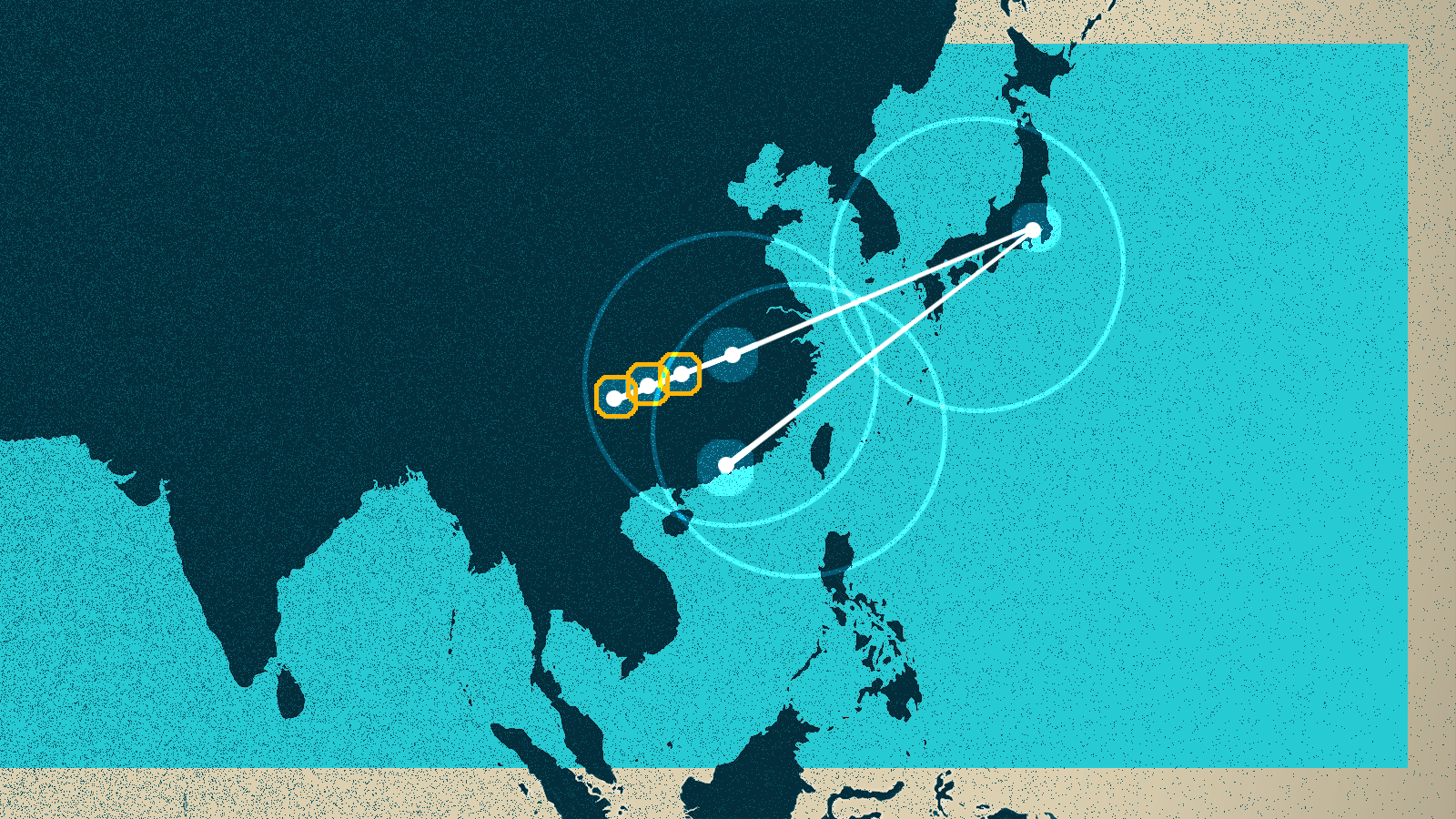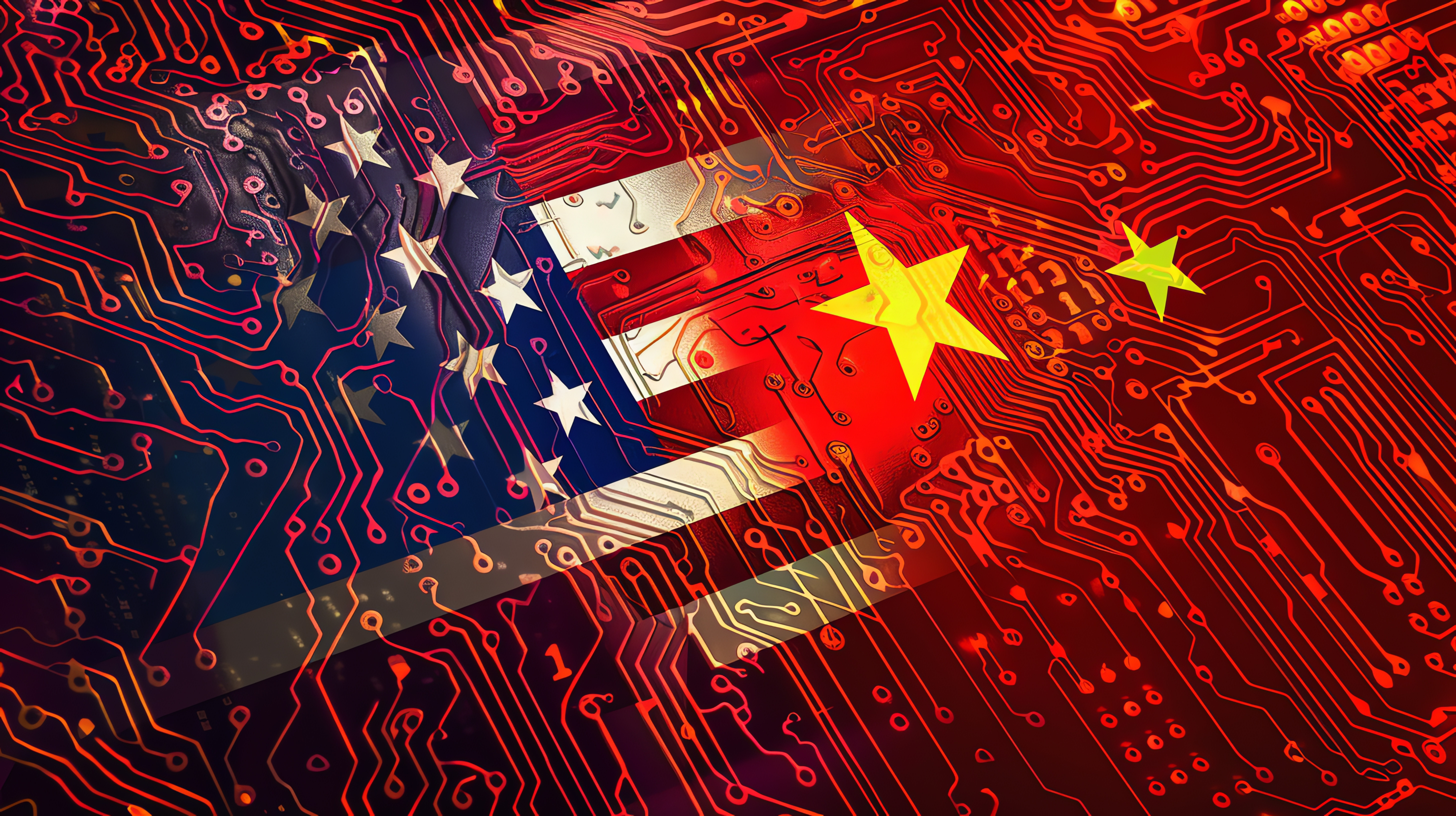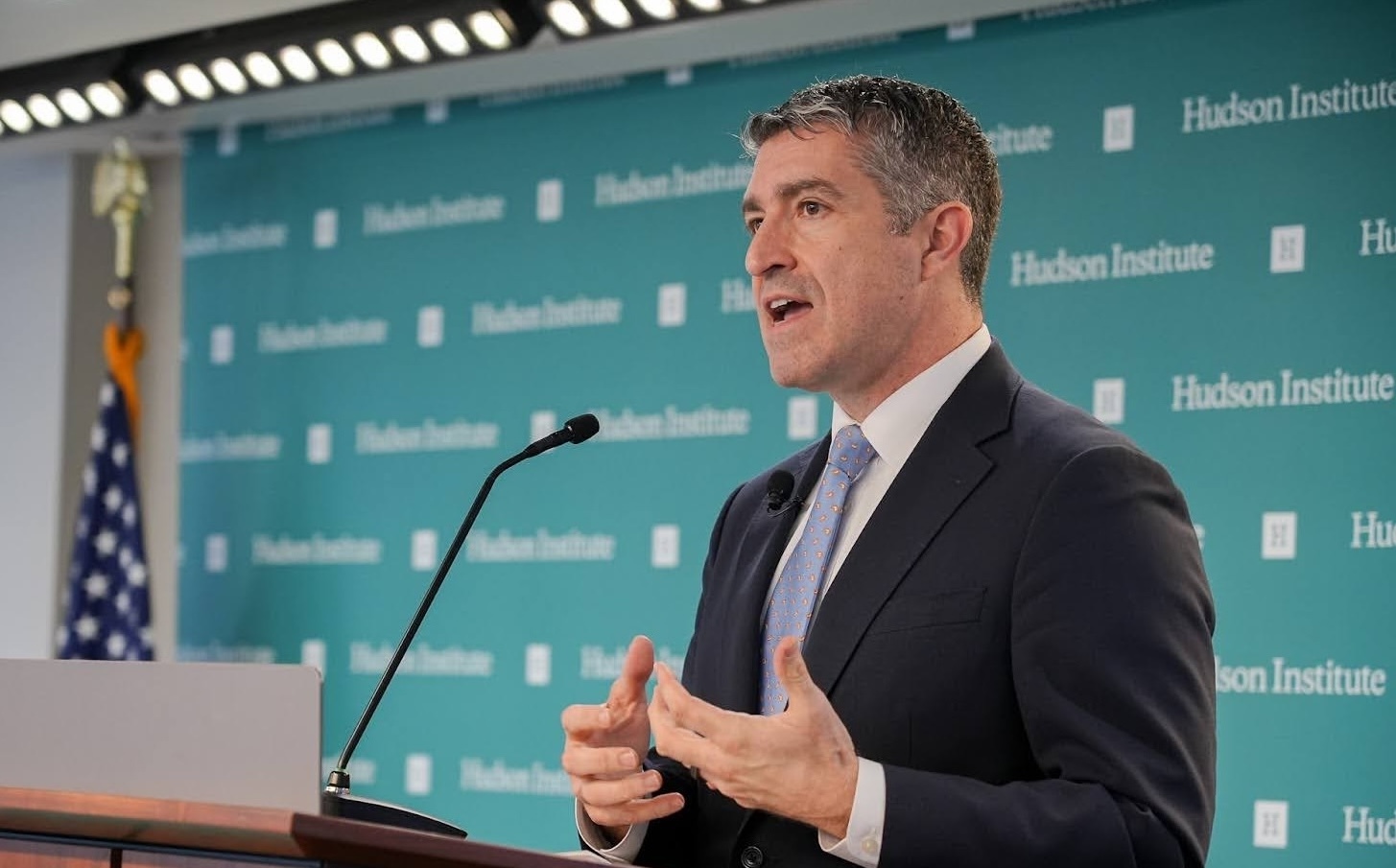The U.S. government’s new outbound investment restrictions could place increased scrutiny on foreign companies linked to China and Hong Kong that are operating in critical technology sectors, including semiconductor manufacturing, artificial intelligence (AI) and quantum computing.
The rule, which the Trump administration last month announced plans to expand, aims to curb the flow of U.S. capital into industries that could contribute to Beijing’s technological and military capabilities. And it presents a complex regulatory challenge for investors and private industry.
One potential example is Wintest Corp., a Japanese technology hardware and equipment manufacturer. Listed on the Tokyo Stock Exchange, it specializes in the design and development of test equipment for semiconductors and integrated circuits.
One factor: Under the U.S. outbound investment rule, entities like Wintest may qualify as a “person of a country of concern” because of their ownership structures. Wintest’s ownership links back to entities based in China and Hong Kong, as Kharon explored in a Quick Take webinar this week.
A key criterion under the U.S. outbound investment rules is whether an entity is 50 percent or more owned, in the aggregate, by companies in these jurisdictions. Wintest’s ownership profile meets this threshold. Two entities—the Hong Kong-based Rakugen Overseas International and mainland China’s Wuhan Jingce Electronics Group—collectively hold a 54% stake in it.
The rule, which the Trump administration last month announced plans to expand, aims to curb the flow of U.S. capital into industries that could contribute to Beijing’s technological and military capabilities. And it presents a complex regulatory challenge for investors and private industry.
One potential example is Wintest Corp., a Japanese technology hardware and equipment manufacturer. Listed on the Tokyo Stock Exchange, it specializes in the design and development of test equipment for semiconductors and integrated circuits.
One factor: Under the U.S. outbound investment rule, entities like Wintest may qualify as a “person of a country of concern” because of their ownership structures. Wintest’s ownership links back to entities based in China and Hong Kong, as Kharon explored in a Quick Take webinar this week.
A key criterion under the U.S. outbound investment rules is whether an entity is 50 percent or more owned, in the aggregate, by companies in these jurisdictions. Wintest’s ownership profile meets this threshold. Two entities—the Hong Kong-based Rakugen Overseas International and mainland China’s Wuhan Jingce Electronics Group—collectively hold a 54% stake in it.
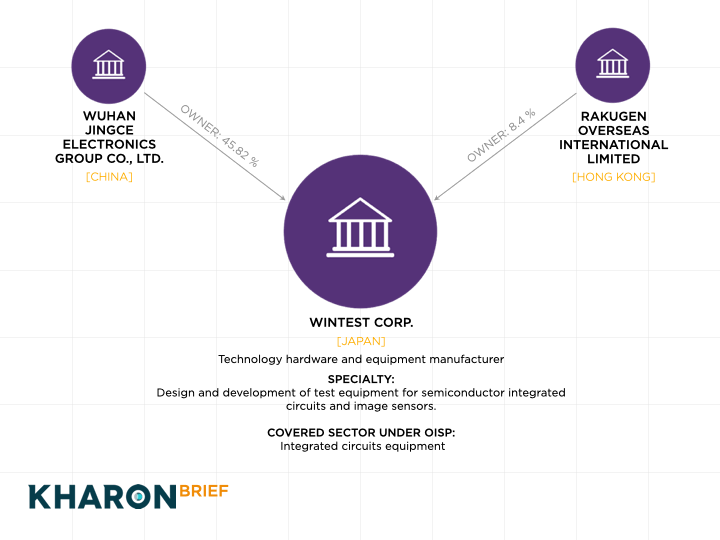
Kharon users can explore this Insight in greater detail through the ClearView platform.
A second factor: The company’s scope of business.
According to its website and corporate disclosures, Wintest specializes in the development, design and manufacture of semiconductor testing equipment. Current U.S. outbound investment regulations cover technologies, equipment and capabilities related to microelectronics, including machinery that facilitate the production of integrated circuits.
Zoom out: An entity’s potential connections to Chinese military end-use and civil-military fusion—both of which are central to the U.S. outbound investment restrictions—would warrant further considerations.
Wintest’s ties to minority owner Wuhan Jingce Electronics raise questions about potential indirect exposure to these risks.
According to its website and corporate disclosures, Wintest specializes in the development, design and manufacture of semiconductor testing equipment. Current U.S. outbound investment regulations cover technologies, equipment and capabilities related to microelectronics, including machinery that facilitate the production of integrated circuits.
Zoom out: An entity’s potential connections to Chinese military end-use and civil-military fusion—both of which are central to the U.S. outbound investment restrictions—would warrant further considerations.
Wintest’s ties to minority owner Wuhan Jingce Electronics raise questions about potential indirect exposure to these risks.
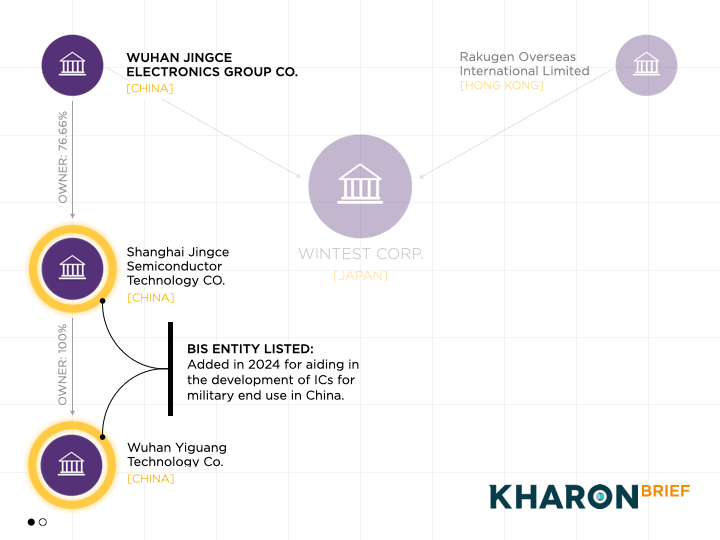
According to company disclosures and corporate records, Wuhan Jingce Electronics is the majority owner of Shanghai Jingne Semiconductor Technology Co. and Wuhan Yinguang Technology Co., both of which are based in China and operate in the semiconductor and advanced tech space.
Both also were added to the U.S. Bureau of Industry and Security’s (BIS) Entity List in 2024, for aiding in the development of integrated circuits for military end use in China.
Wuhan Yiguang Technology has been involved in actively bidding for procurement contracts with China’s National University of Defense Technology (NUDT). The U.S. and Canada each designated NUDT for operating in China’s advanced computing industry in support of China’s civil-military fusion efforts.
The bottom line: The case of Wintest highlights the increasing complexity of navigating investment risks amid the evolving outbound restrictions. Investors and policymakers alike will be watching closely as the U.S. reviews an expansion of the rules and determines how aggressively it will enforce them.
For now, a broader understanding of a company’s network—particularly its connections, whether direct or indirect, to entities of concern—may provide valuable insights for assessing potential exposure to regulatory risks.
Both also were added to the U.S. Bureau of Industry and Security’s (BIS) Entity List in 2024, for aiding in the development of integrated circuits for military end use in China.
Wuhan Yiguang Technology has been involved in actively bidding for procurement contracts with China’s National University of Defense Technology (NUDT). The U.S. and Canada each designated NUDT for operating in China’s advanced computing industry in support of China’s civil-military fusion efforts.
The bottom line: The case of Wintest highlights the increasing complexity of navigating investment risks amid the evolving outbound restrictions. Investors and policymakers alike will be watching closely as the U.S. reviews an expansion of the rules and determines how aggressively it will enforce them.
For now, a broader understanding of a company’s network—particularly its connections, whether direct or indirect, to entities of concern—may provide valuable insights for assessing potential exposure to regulatory risks.
Click here to watch the full webinar on-demand.
More from Kharon webinars:



